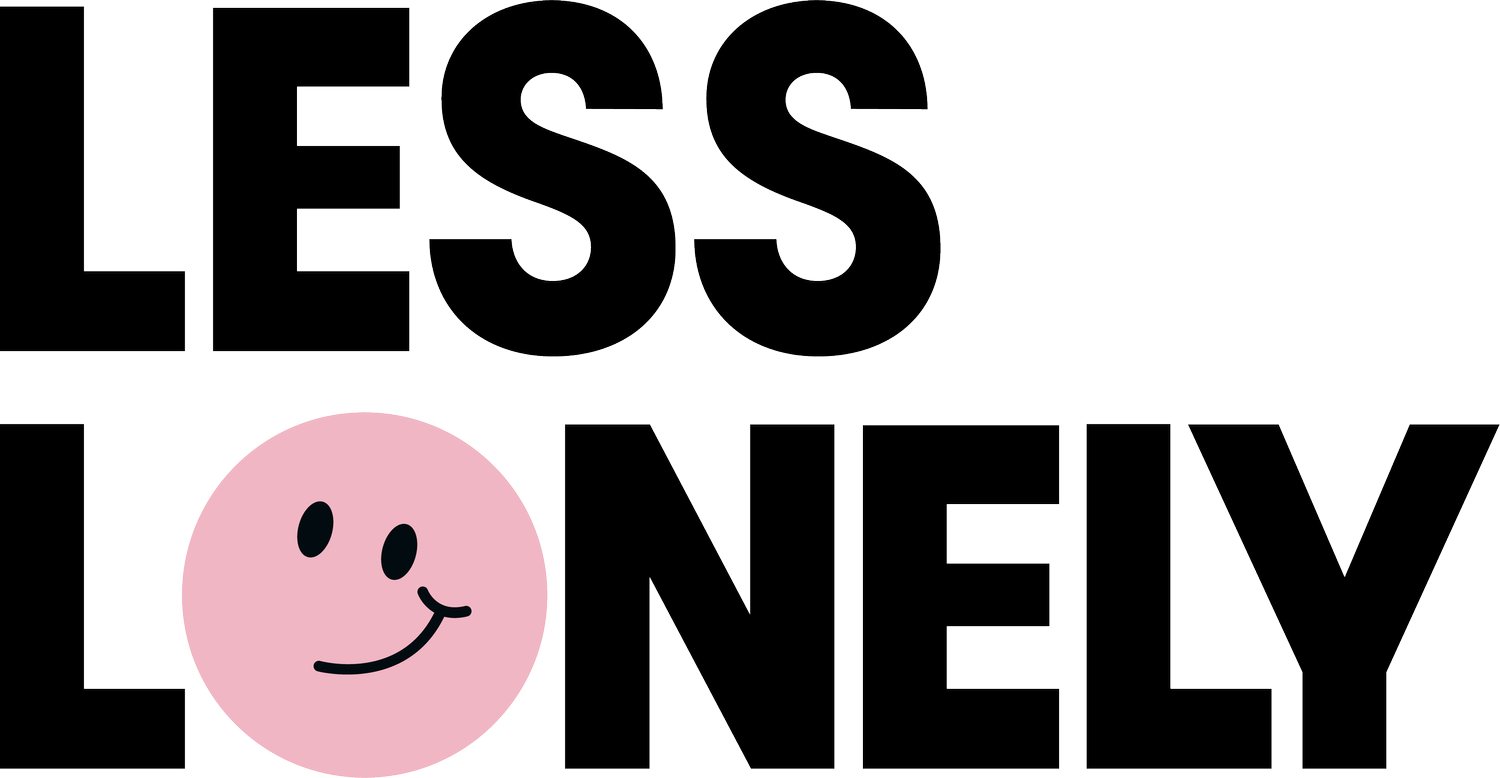Boundaries 101
We’ve all been there, you’re overwhelmed, you’re giving all of you’re energy to the people around you – co-workers, friends, family, kids, strangers, partners, the person you’ve recently matched with who won’t stop texting you to hangout during quarantine. Some of them you’re actually responsible for (i.e. your kids who depend on you to stay alive lol) are in crisis, some of them are needy, and some of them are toxic. Identifying the difference between these is imperative to having successful, healthy, fulfilling and long-lasting relationships.
I always say this—you can’t pour from an empty cup. The same way flight attendants make sure to tell you multiple times, in multiple language, that you “must make sure to put the oxygen mask on yourself first before you put one on anyone else.” Setting and maintaining boundaries are much like that oxygen mask. I’m a very reactive person and, by nature, a nurturing person — my instincts will always have me jumping to provide for the other person before I even stop to make sure I have anything to give. Remember what I said about the empty cup thing? You can have every good intention of wanting to provide support, but the truth is—sometimes you just have nothing to give. Whenever I find myself running on empty with little to offer, it is very clear that I’ve neglected my personal boundaries.
Boundary setting is setting an expectation or standard around certain type of behaviors. And it’s an important tool for creating space in our busy lives to just breathe.
Here are 3 very introductory steps towards establishing boundaries in your life:
CALLING ON COMMUNITY
More than ever, we need the power of connection. And when you are getting ready to do some boundary setting. It’s important to be connected to a community. These are people who can cheerlead you on, who can validate you, who can point out to you where you have the agency to set a boundary.
Most importantly, three months down the road, when you think you’ve overcorrected, or you were too harsh, these people can remind you why you set the boundary in the first place. You need these people.
CLEAR COMMUNICATION
Use the simplest form of the truth to communicate the boundary you’re setting. I’ve often found that when I’m afraid or uncomfortable communicating a boundary, I over-explain myself. Usually, this in an effort to either soften the blow to the other person (like, I’m trying to manage their response to the boundary) or justify/rationalize why I need the boundary in the first place.
The simplest form of the truth sounds like this, ” ____ is a behavior that is unacceptable to me, and I need you to know that.” For example, I have a friend who absolutely hates being part of a huge group text. It stresses him out and quite literally sucks him dry of any energy—even when he doesn’t respond for days on end. So he finally mustered up the courage to say, “Group text makes me anxious. I don’t feel compelled to completely remove myself from the chat, but I’ve muted the group text convo. If you have something that you need to talk to me about, I need you to text me directly.” Maybe not receiving live updates and feeling included gives you crippling FOMO (IT ME)—that’s the thing, boundaries are personal. We all have different needs. We must identify (therapy reallllllly helped me figure my triggers out) and then communicate these needs to our community.
CLARITY + FIRM FEET
Boundary setting in the heat of the moment is not ideal. You’re amped up, activated, and agitated. It’s unlikely that you’ve given much thought to the boundary and so it will probably be challenging to keep.
But use that disagreement to reflect on what it is about this relationship that is painful for you. Do some writing about this. What would be an ideal instead? What type of behavior are you no longer willing to tolerate? What will be the consequence if you are exposed to this behavior again?
For example, you have a friend that flakes on your plans all the time. It hurts your feelings, it messes with your schedule, it’s annoying. It’s your responsibility to let your friend know that you can’t handle her flaking. But the question for you is, what will be the consequence if she does this again? Maybe it’s that you stop making plans with her, but you’re still happy to chat on the phone or via text.
Boundaries are not the enemy, they are your best friend. Boundaries are trying to look after you and your mental wellbeing. Healthy boundaries enable you to create a life in which you don’t feel compromised and taken advantage of all the time. They are here to help you live a liberated and peaceful life. You have flexibility because you’re the one setting the boundaries. And it’s important to remember that there is no right or wrong way to set a boundary. Boundary-setting is part of a practice of self-care, you will know what’s right for you the more you’re cognizant of the boundaries you need to help you be your best self.. Practice means that we don’t do it perfectly each time, but that every time we try, we learn more about how to do it!
Photos by Retha Ferguson



